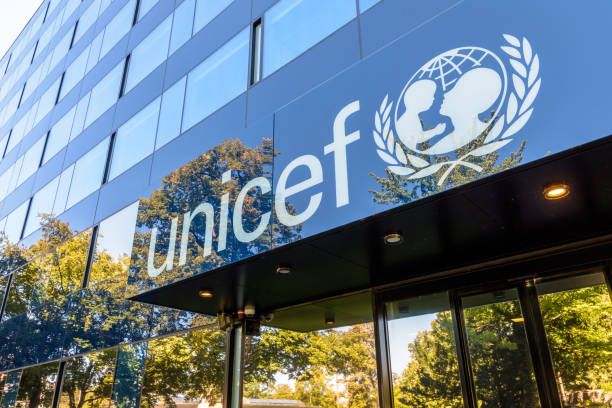The United Nations Children’s Fund (UNICEF), in collaboration with 19 leading Nigerian universities, the Federal Ministry of Health, and the Federal Ministry of Information and National Orientation, has launched the Behavioural Insights Research and Design Lab (BIRDLab) to apply behavioural science to child survival and development.
The initiative, described by UNICEF as “the first of its kind” in Nigeria, builds on the organisation’s partnership with academia through the Network for Behavioural Research on Child Survival in Nigeria (NETBRECSIN), which brings together experts in Community Medicine, Communication Studies, Sociology, Human Nutrition, Anthropology, and Clinical Psychology.
BIRDLab is a joint effort between UNICEF, the Federal Government of Nigeria, and participating universities.
UNICEF’s Representative in Nigeria, Wafaa Saeed, said in a statement released in Makurdi, Benue State, by UNICEF Communication Specialist Sussan Akila, that the Lab will generate practical evidence to support federal and state programmes, including routine immunisation, nutrition services, and school enrolment campaigns.
Saeed noted that findings from BIRDLab will be transformed into simple tools, policy briefs, and guidelines for government agencies to implement on a large scale.
“The Lab will also offer short courses, mentoring, and field practice for social and behaviour change units and programme managers in government, ensuring behavioural insights are built into planning, budgeting, and delivery,” Saeed said.
She explained that the Lab will operate online while maintaining a dedicated physical space at the University of Lagos, serving as a hub for researchers and practitioners to collaborate on real-life challenges and test innovative solutions.
UNICEF will also introduce research themes aligned with its programme priorities for graduate students, with studies ranging from trials and observational research to long-term follow-ups and content analysis.
Saeed emphasised that BIRDLab will help uncover the underlying factors behind decision-making on issues such as vaccination, nutrition, and education.
“If we study what shapes decisions on vaccination, feeding practices, or school enrolment, we can work with communities to address real barriers. This partnership with Nigerian universities and the government will help more children get vaccinated, eat better, and learn,” she said.
Through BIRDLab, UNICEF and its partners aim to strengthen South-South cooperation and leverage behavioural science to guide national policies and programmes, ultimately improving the lives of children and families across Nigeria.















